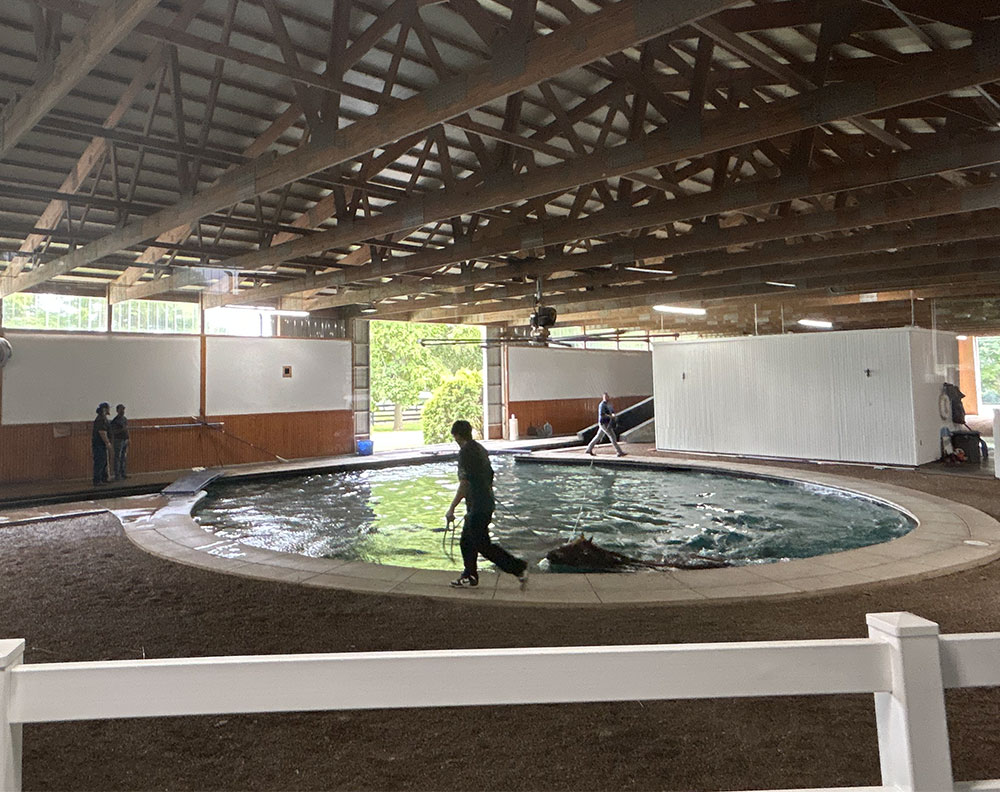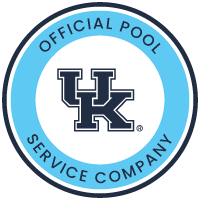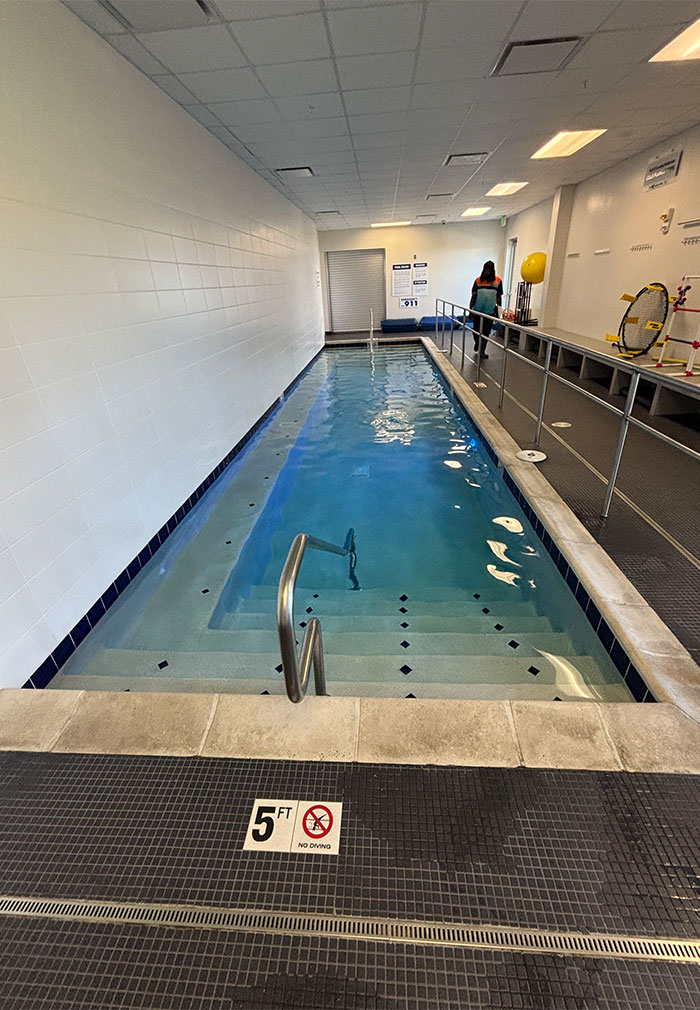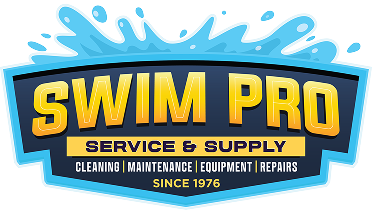Commercial Pool Services in Lexington, KY
Professional Aquatic Facility Management

Expert Commercial Pool Management for Central Kentucky Businesses
Swim Pro Service & Supply provides comprehensive commercial pool management for hotels, fitness centers, apartment complexes, and municipal facilities throughout Central Kentucky. Since 1976, we’ve helped businesses maintain safe, compliant, and attractive aquatic facilities.
Commercial pool operation requires specialized expertise and equipment. Health department regulations, high bather loads, and complex systems demand professional management that ensures safety and compliance.


Commercial Pool Maintenance Programs
Our commercial maintenance programs are designed for high-volume facilities with demanding operational requirements. We provide consistent, reliable service that keeps your facility operating smoothly.
Daily, weekly, and monthly service options accommodate different facility needs and budgets. We customize maintenance schedules based on usage patterns, equipment requirements, and regulatory compliance needs.
Professional water testing ensures compliance with health department standards. We use commercial-grade testing equipment and maintain detailed records for regulatory inspections.
Equipment maintenance includes pumps, filters, heaters, and automation systems. Regular maintenance prevents costly breakdowns and extends equipment life significantly.
Advanced Water Quality Management
Commercial facilities face unique water quality challenges due to high bather loads and varying usage patterns. Our water quality management ensures safe, comfortable conditions for all users.
Automated chemical delivery systems provide consistent water treatment while reducing labor costs. We install, calibrate, and maintain chemical feed systems for optimal performance.
Chloramine control addresses air quality issues common in commercial facilities. High bather loads can create chloramines that cause respiratory irritation and equipment corrosion.
Supplemental treatment systems including UV and ozone can improve water quality while reducing chemical consumption. We evaluate facilities for alternative treatment options that provide operational benefits.
Bulk Chemical Delivery Services
Commercial facilities require chemicals in quantities that make bulk delivery cost-effective and convenient. Our bulk delivery service ensures consistent chemical availability while reducing costs.
Liquid chlorine delivery includes high-concentration solutions that provide maximum effectiveness. We provide storage tanks, handling equipment, and safety training for facility staff.
Acid delivery for pH control includes appropriate storage and handling systems. We ensure compliance with safety regulations and provide emergency response procedures.
Specialty chemicals for commercial applications include algaecides, clarifiers, and enzyme treatments. We stock professional-grade products designed for high-volume facilities.
Inventory management ensures adequate chemical supplies while minimizing storage requirements. Automated delivery scheduling prevents shortages that could affect facility operation.
Health Department Compliance Support
Commercial pool facilities must comply with strict health department regulations. Our compliance support ensures your facility meets all requirements while maintaining detailed documentation.
Regulatory knowledge includes local, state, and federal requirements that apply to commercial pool operation. We stay current with regulation changes and help facilities maintain compliance.
Documentation systems provide the detailed records required for health department inspections. We maintain water quality logs, equipment maintenance records, and staff training documentation.
Inspection preparation includes facility review and corrective action planning. We help facilities prepare for inspections and address any deficiencies before they become violations.
Violation response provides expert assistance when compliance issues arise. We help facilities understand requirements and implement corrective measures quickly.
Equipment Installation and Upgrades
Commercial facilities often require equipment upgrades to improve efficiency, reduce costs, or meet changing regulations. Our installation services ensure proper equipment selection and professional installation.
Energy-efficient equipment can significantly reduce operational costs. Variable speed pumps, LED lighting, and automated controls provide substantial savings over time.
Filtration system upgrades improve water quality while reducing maintenance requirements. High-rate sand filters, cartridge systems, and DE filters each offer specific advantages for different applications.
Heating system installation includes gas, electric, and heat pump options. We help facilities choose the most cost-effective heating solution for their specific needs.
Automation systems improve operational efficiency while reducing labor costs. Automated monitoring and control systems provide consistent operation and detailed documentation.
Specialized Commercial Services
Different types of commercial facilities have unique requirements and challenges. Our specialized services address the specific needs of various facility types.
Hotel and resort pools require pristine conditions and reliable operation to ensure positive guest experiences. We provide enhanced cleaning and maintenance services that support hospitality operations.
Fitness center pools serve active populations with varying usage patterns. We understand the unique challenges of fitness facilities and provide specialized maintenance programs.
Apartment complex pools must balance cost-effectiveness with resident satisfaction. We provide reliable, cost-effective maintenance that keeps community pools attractive and functional.
Municipal pools serve diverse populations and must comply with strict safety and health regulations. We provide comprehensive management services that ensure safe, compliant operation.
Cost Management and Efficiency
Commercial pool operation involves significant costs that can be managed through proper equipment selection, maintenance, and operational optimization. We help facilities reduce costs while maintaining service quality.
Energy efficiency audits identify opportunities for cost reduction through equipment upgrades and operational changes. Many improvements provide rapid return on investment through reduced utility costs.
Chemical cost optimization addresses the significant chemical expenses associated with commercial operation. Proper system optimization and automated delivery can reduce chemical consumption substantially.
Preventive maintenance programs reduce equipment repair costs while extending equipment life. Regular maintenance prevents costly breakdowns and emergency repairs.
Operational training for facility staff improves efficiency and reduces service costs. Properly trained staff can handle routine tasks and identify problems before they become emergencies.

Why Choose Swim Pro Service & Supply for Commercial Pool Management
Nearly five decades of commercial pool experience in Central Kentucky gives us unmatched expertise in managing aquatic facilities. We understand the unique challenges and requirements of commercial operation.
Regulatory expertise ensures your facility maintains compliance with all applicable health and safety requirements. We stay current with regulation changes and help facilities adapt to new requirements.
Professional equipment and trained technicians provide reliable service that minimizes operational disruption. Our commercial-grade tools and extensive parts inventory enable efficient problem resolution.
Local presence means rapid response to emergencies and regular service needs. Our Central Kentucky location allows quick response throughout our service area.
Contact Swim Pro Service & Supply today to learn how our commercial pool management services can help your facility operate safely, efficiently, and profitably while maintaining full regulatory compliance.
Get a Free Pool Service Quote Today!
Ready to enjoy a cleaner, safer pool? Contact Swim Pro Service & Supply today for a free quote on pool cleaning and maintenance in Lexington, KY. Call us or request an estimate online—we’ll respond quickly and get your pool looking perfect in no time.
"*" indicates required fields
